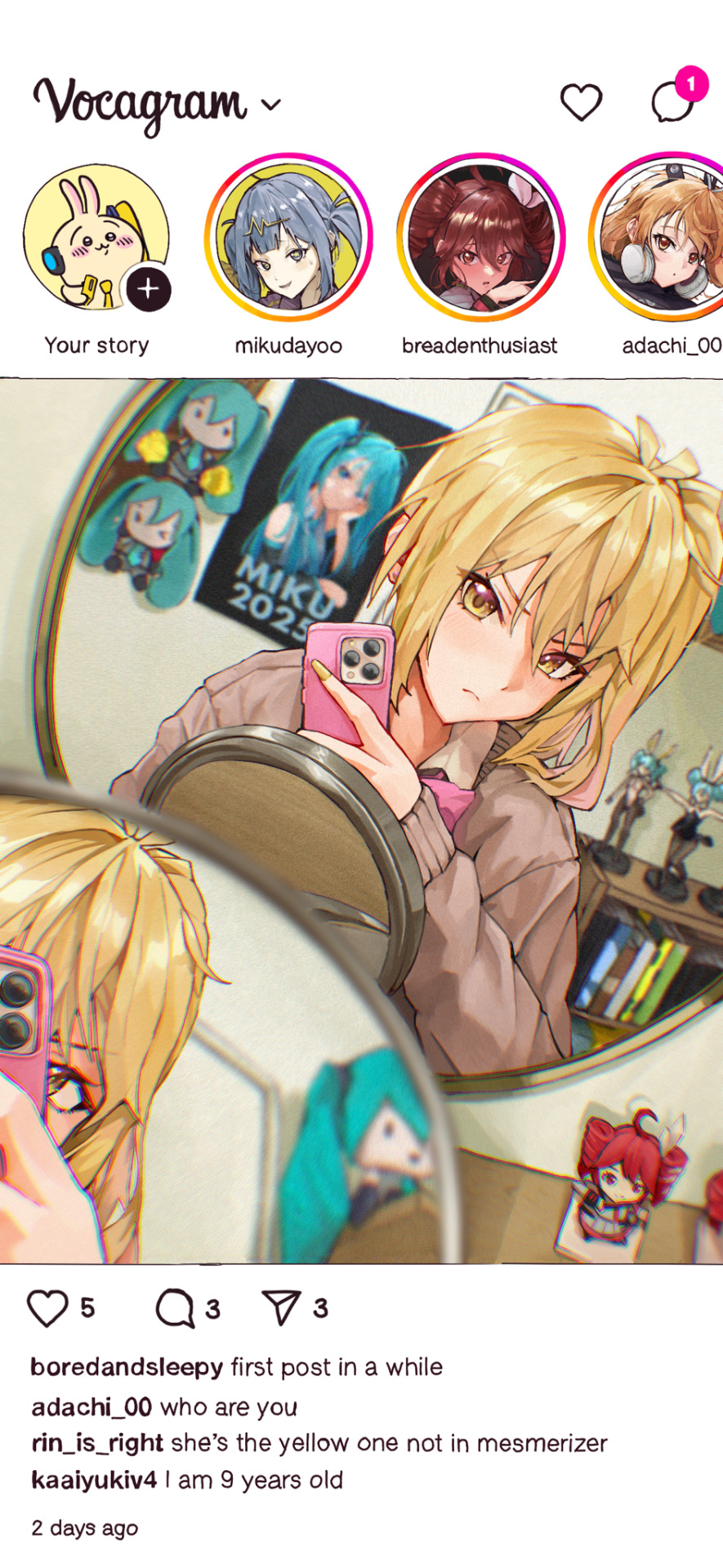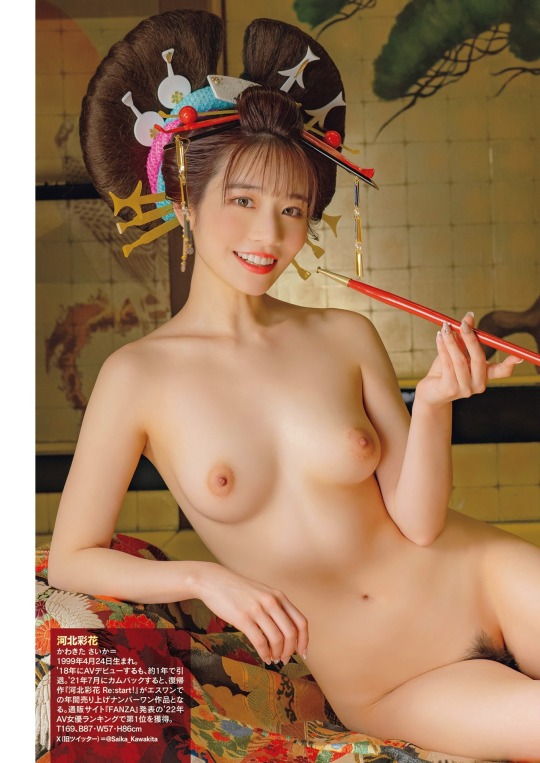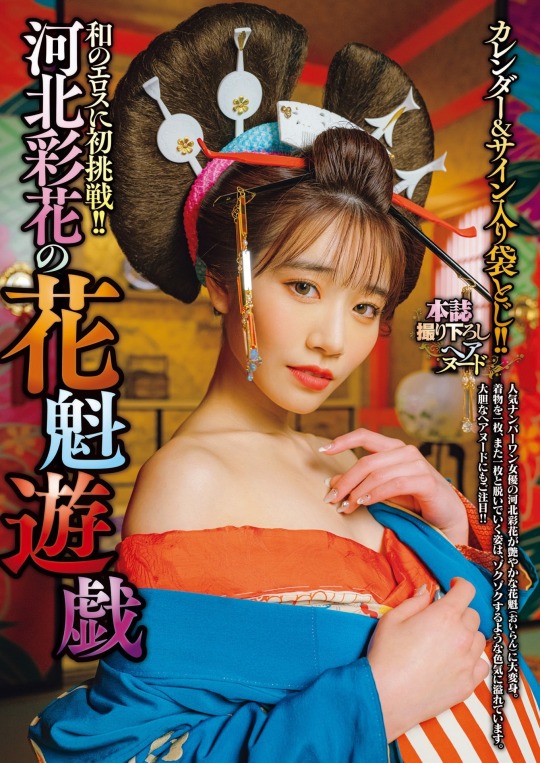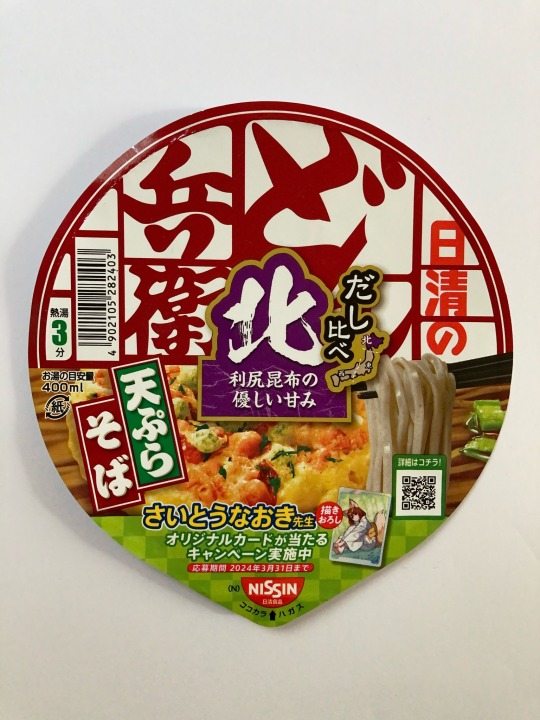#北
Explore tagged Tumblr posts
Text
約 約 約

在校大學生 身體���碼 34D 165cm 50kg 找男約炮,第一次玩這個,有沒有要長期的呢?想找個長期性伴侶 不進入生活 附近的人可以加 我 賴 : 99h2
#台灣#台灣約炮#台灣交友約會伴遊#台灣按摩舒壓養生#台灣一夜情#台灣妹妹#台灣反差女絲襪制服#台灣大學生#台北 桃園 高雄 台南#台灣台灣約台灣友#台灣外送茶#iw#北#台北外送茶#台茶莊#台北正妹推薦#台北外約#台中#台中正妹推薦#台中茶莊#台中外送茶#台中美食#雄#高雄茶訊#高叫小姐#高雄外送茶服務#新竹#新竹叫小姐#新竹外送茶新#新竹竹北找妹
190 notes
·
View notes
Text

超小的一個小可愛 抱在手上隨意蹂躪 身體反應很敏感 嬌羞的外貌 還會叫你“爸爸”讓你體驗一次幹女兒的感覺 165-47-E 小雨22歲嬌小也有料的身材 純天然吸波波 小蠻腰 屁屁也很翹.幼嫩凹陷乳頭(粉色極敏感…) 粉嫩一線鮑 喜歡我加我賴
#台灣#台灣約炮#台灣交友約會伴遊#台灣按摩舒壓養生#台灣一夜情#台灣妹妹#台灣反差女絲襪制服#台灣大學生#台北 桃園 高雄 台南#台灣台灣約台灣友#台灣外送茶#iw#北#台北外送茶#台茶莊#台北正妹推薦#台北外約#台中#台中正妹推薦#台中茶莊#台中外送茶#台中美食
224 notes
·
View notes
Text

Let's do another 久 name today! The surname 北久保 is read Kitakubo, and it belongs to about 480 people. However, all three characters are very common, and the combination -久保 -kubo shows up in other, more common surnames, like 大久保 Ōkubo or 久保田 Kubota.
北 means north. It's read きた or ホク.
久 means long time (ago/since), first time in a long time, or old story. It also shows up in ateji as キュウ or ク. Its kun-yomi is ひさ.しい.
保 means protect, guarantee, keep, preserve, sustain, or support. It’s read たも.つ, ホ, or ホウ.
78 notes
·
View notes
Text



3 notes
·
View notes
Text
長崎佐世保 佐世保北郵便局
857-0199 長崎県佐世保市田原町18-11 民営化直前の再編に伴って統括センターとなったが支店は併設されませんでした。郵便、印紙、ゆうパック、内容証明、貯金、為替、振替、振込、国債、投資信託、保険、バイク自賠責、自動車保険、ゆうちょ銀行ATMなど。 松浦鉄道左石駅から徒歩10分ほど、西高校入口停留所前、国道204号沿いのため車でくる方も多いです。
0 notes
Text

家具デザインの巨匠3人の共作、北欧モダン"フリッツハンセン"のヴィンテージテーブル









#家具デザイン研究室#無料#scandinavian#阿佐ヶ谷#リサイクル#ミニマル#midcentury#北#ふるいち#Modern#フリッツハンセン#ショップ#used#北欧インテリア#スーパー円テーブル#古一#furuichi#北欧家具#モダン#Bテーブル#出張#北欧ヴィンテージ#ダイニングテーブル#丁寧な暮らし#ピートハイン#買取#収納術#table#暮らしを楽しむ#スーパー楕円テーブル
0 notes
Text

7K notes
·
View notes
Text

真心约泡的加我 😍😍不是真心约的不要加 本人21岁 34 D/163 cm/45 kg 单身 有p友喜欢后入的吗?真心约的来玩刺激哦! 目前不找男朋友 只想找个健康没病的p友 最好是第一次约的 哥哥弟弟都行 只要一起玩的开心 💄💄Whats App Business:+60 11 6862 3499
#马来西亚#马来西亚旅游#马来西亚美食#马来西亚约炮#马来西亚交友#反差女孩#马来西亚一夜情#马来西亚约啪#马来西亚女友#双溪大年#吉打#居林#大山脚#北海#乔治敦#日落洞#峇六拜#槟城#霹雳#怡保#芙蓉市#Malaysia
3K notes
·
View notes
Text
I forgot to post these portraits here! Bingqiu and Moshang in my style :p
Here’s my skittle squad— gods I love them


Might draw them all?? Looking toward Sha Hualing and Liu Mingyan lowkey? Oh but the rest of the peak lords kwjsbbdjsn
(I read all of the reposts and comments, thank you guys so much, yall are the sweetest)
#bingqiu#shen qingqiu#luo binghe#moshang#mobei jun#shang qinghua#the scum villain's self saving system#svsss#ren zha fanpai zijiu xitong#人渣反派自救系统#洛冰河#沈清秋#尚���华#漠北君#digital art#artists on tumblr#character art#mxtx fanart#mxtx#danmei#mo xiang tong xiu
4K notes
·
View notes
Text
Saika Kawakita / 河北彩花

3K notes
·
View notes
Text
台灣約炮 台灣約砲 台灣約砲
台灣司機約炮,做愛一夜情服務新手上路-台灣老司機吃魚喝茶
夢 琪 164 E 26歲 外形甜美 第一眼感覺很好看有女友fu淫蕩大奶 扭���誘人的胴體 挑逗你敏賴九九七八七四感的性神經超大雙乳讓你摸個夠 粉嫩雙胸不容錯過的 有在練身材哦 所以身材非常好 加賴:99h2

#台灣#台灣約炮#台灣交友約會伴遊#台灣按摩舒壓養生#台灣一夜情#台灣妹妹#台灣反差女絲襪制服#台灣大學生#台北 桃園 高雄 台南#台灣台灣約台灣友#台灣外送茶#iw#北#台北外送茶#台茶莊#台北正妹推薦#台北外約#台中#台中正妹推薦#台中茶莊#台中外送茶#台中美食#雄#高雄茶訊#高叫小姐#高雄外送茶服務#新竹#新竹叫小姐#新竹外送茶新#新竹竹北找妹
223 notes
·
View notes
Text










#河北彩花#saika kawakita#kawakita saika#modelsky japan#modelsky asia#japanese#asian#japanese idol#modelsky photos
9K notes
·
View notes











